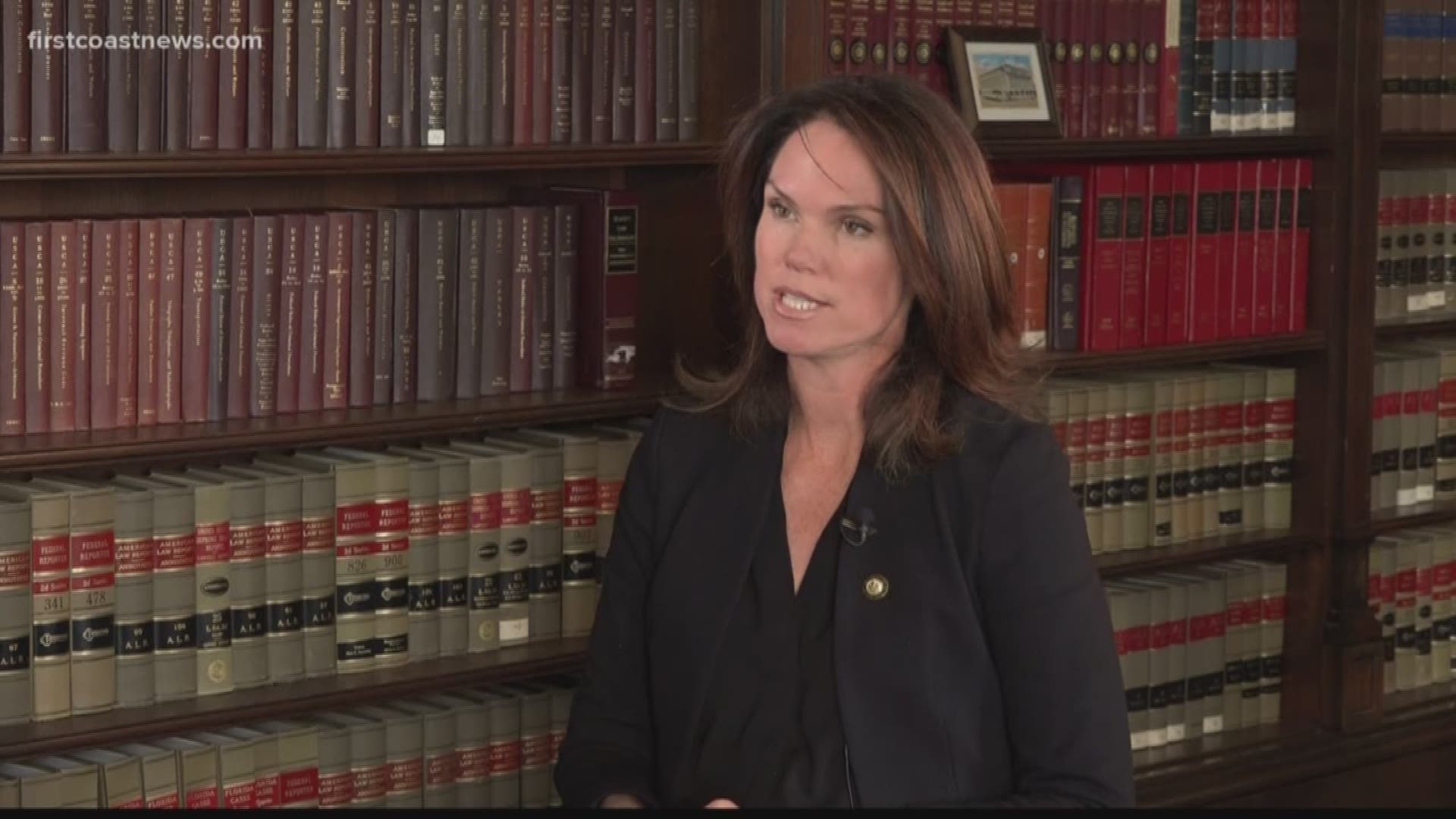It was a red flag buried in a dusty file: A 2002 letter from Donald Smith's psychologist warning prosecutors that he posed "a clear present and future danger" to children.
It was a dire warning, ignored. When Smith kidnapped, raped and killed Cherish Perrywinkle a decade later, the doctor tells First Coast News, it was “pretty much what I would have predicted.”
There are plenty of moments like this in Donald Smith’s criminal history, a case pockmarked with missed opportunities and bad decisions.
READ MORE >> The Definition of a Predator
Those mistakes continue to haunt – and motivate – State Attorney Melissa Nelson.
“It’s easy now to sit here and look back and say 'could of, would of, should of',” she says. "But ... looking at that history, it can inform what we do in the future. And that’s certainly what it has done here.”
While the Donald Smith failings didn’t happen on her watch, Nelson says she’s committed – if not 100 percent confident – they won’t repeat themselves.
“I hope I’m never in this chair explaining why something like this happened again,” she says.
To that end, she’s restructured how prosecutors manage so-called Jimmy Ryce cases – in which the state seeks to permanently confine sexually violent predators.
She appointed a specific prosecutor to those cases -- Assistant State Attorney Anna Hixon – along with a dedicated paralegal. And she moved Jimmy Ryce prosecutions from the agency’s Legal Division to the to the Special Victims Unit.
Adair Newman, the director of the SVU, says the restructuring speaks to the import of those cases. “The people that we’re dealing with are dangerous, and these are the people we want to assure we are offering the community protection from.”
She observes Hixon “is the most experienced prosecutor I have in the unit, by far. I think that speaks volumes in and of itself.”
Hixon created a tracking system that alerts prosecutors to sex offenders at first appearance court and reviews their cases for Donald Smith-type warning signs.
“Now we can see those and say – ‘Hey, this is someone we definitely need to take a closer look at,” Hixon says. “We have that extra set of eyes and extra safeguards and catchall that we didn’t have before.”
The law also changed – after and because of Smith. Since 2014, state law has allowed prosecutors to initiate Jimmy Ryce confinement proceedings following misdemeanors offenses or jail time, instead of just at the conclusion of prison sentences. For the most dangerous offenders, it gives prosecutors one more chance for review.
“We are catching people we wouldn’t be able to catch before,” says Hixon.
Taken together, Nelson says, the changes give prosecutors more chances to intercept dangerous sex offenders.
“There were a lot of opportunities where Donald Smith intersected with the system, and there were a lot of opportunities to have committed him, to have incapacitated him in a way that maybe have prevented this,” she says.
There are no guarantees the system is foolproof, but she’s confident it will at least prevent the oversights of the Smith case – like the 2002 warning letter.
“That letter is alarming and certainly a red flag and I would hope if such a letter was sent to this office today it would sound alarm bells – and not end up in the back of a file somewhere.”

